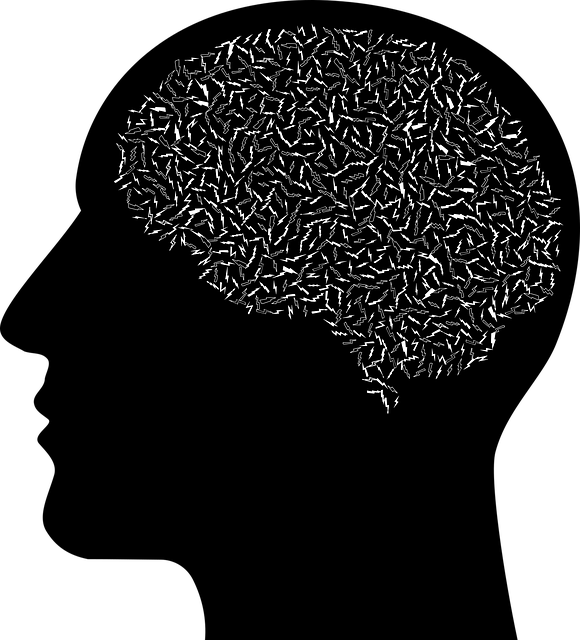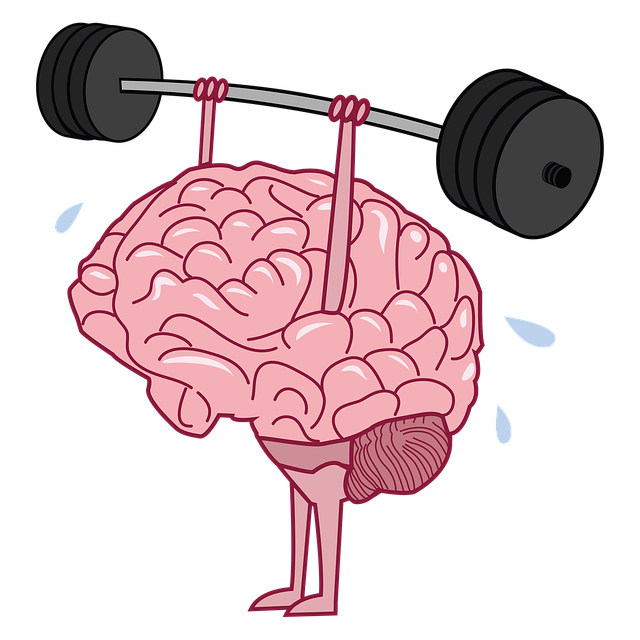Therapy for adults in blended families leverages Relational, Family, & Personal History (RFM) analysis to uncover hidden sources of stress and conflict, guiding targeted interventions for stronger familial bonds. Integrating mindfulness meditation and risk assessment, RFM strengthens resilience through structured exercises that enhance emotional intelligence, communication, and tailored well-being techniques. This approach fosters emotional healing, reduces stress, and promotes harmony within complex family dynamics, culminating in improved mental wellness and stronger family connections.
In today’s diverse family structures, effectively managing blended families is crucial. The Resiliency, Flexibility, and Mobility (RFM) model offers a transformative approach to building resilience in these complex dynamics. This article delves into RFM’s significance for adult therapy within blended families, exploring its impact on coping with change and transitions. We provide practical strategies for implementation and share real-life success stories, highlighting the profound benefits of RFM as a game-changer in navigating family challenges and fostering healthy relationships.
- Understanding RFM and Its Relevance in Blended Families
- The Impact of Resilience Building Exercises on Adult Therapy
- Strategies for Implementing RFM in Family Dynamics
- Benefits of RFM for Coping with Change and Transitions
- Real-Life Success Stories: RFM in Action for Blended Families
Understanding RFM and Its Relevance in Blended Families

In the context of therapy for adults in blended families, Understanding RFM (Relational, Family, and Personal History) is paramount. This approach delves into the intricate dynamics that shape individual experiences within complex family structures. Blended families, with their unique blend of biological and step-parents, often navigate a labyrinthine web of relationships, requiring tailored strategies for resilience building. By exploring RFM, therapists can uncover hidden sources of stress and conflict, enabling them to design targeted interventions for enhancing familial bonds and fostering a sense of security.
The relevance of RFM lies in its ability to provide a comprehensive framework for assessing and addressing the specific needs of blended family members. This includes identifying potential challenges related to step-parent acceptance, sibling dynamics, and past traumas. Moreover, integrating mindfulness meditation as a confidence-boosting tool within therapy sessions can significantly enhance resilience. Risk assessment is also crucial, especially for mental health professionals, to ensure they are equipped to handle the nuanced complexities these families present.
The Impact of Resilience Building Exercises on Adult Therapy

Resilience building exercises are transforming the landscape of adult therapy, particularly for blended families grappling with complex emotional dynamics. These therapeutic interventions go beyond traditional talk therapy by integrating practices like mindfulness meditation to enhance clients’ ability to cope with stress and trauma. By fostering emotional healing processes, these exercises help adults develop a deeper understanding of their emotions and strengthen their emotional intelligence—a crucial aspect for navigating the intricate relationships within blended families.
Through engaging in activities that promote resilience, adults in therapy gain practical tools to manage difficult emotions, build coping mechanisms, and improve overall well-being. This, in turn, facilitates healthier interactions with partners, children, and step-children, fostering a more harmonious home environment. The effectiveness of these exercises lies in their ability to empower individuals to confront challenges head-on, cultivate inner strength, and develop emotional agility—essential skills for thriving in the face of life’s uncertainties.
Strategies for Implementing RFM in Family Dynamics

Implementing Resourceful Family Management (RFM) in family dynamics offers a robust framework for fostering resilience, especially within blended families. Therapy for adults in such families often focuses on addressing unique challenges arising from step-parents and children’s varying levels of adjustment. By integrating RFM principles, mental health professionals can facilitate effective communication, enhance problem-solving skills, and promote emotional well-being promotion techniques tailored to each family’s needs. This approach encourages the development of healthy coping strategies, strengthens relationships, and supports the emotional healing processes for all involved.
For blended families, risk management planning becomes an integral aspect of RFM implementation. Mental health professionals can guide parents in identifying potential risks and triggers while teaching them proactive strategies to mitigate these issues. Through structured exercises, families learn to navigate conflicts, manage stress, and build a supportive network—all essential components for maintaining mental health and stability. These practices not only strengthen family bonds but also equip adults with valuable tools to enhance their overall resilience.
Benefits of RFM for Coping with Change and Transitions

The RFM (Resilience, Flexibility, and Mindfulness) framework offers a powerful approach to coping with change and transitions for adults navigating complex personal dynamics, such as those in blended families. By integrating emotional intelligence into daily routines, individuals can enhance their ability to manage stress and adapt to life’s unpredictable nature. This therapy for adults provides practical tools like mental wellness journaling exercises, which encourage self-reflection and promote healthy coping mechanisms.
Implementing RFM practices enables individuals to cultivate resilience, a key factor in maintaining stability during challenging transitions. It equips them with effective stress reduction methods, fostering emotional balance and adaptability. Through mindful awareness, individuals can better understand their triggers, manage reactions, and develop a deeper sense of self-awareness—all essential components for navigating the complexities of blended family dynamics and cultivating overall mental wellness.
Real-Life Success Stories: RFM in Action for Blended Families

In the realm of therapy for adults in blended families, the implementation of RFM (Resources, Strengths, and Needs) has proven to be a game-changer. This approach helps families navigate the complexities of their unique dynamic by identifying and leveraging resources, recognizing and building upon strengths, and addressing needs through targeted interventions. For instance, many blended families have successfully used RFM to enhance communication strategies, which are crucial for managing potential conflicts and fostering a supportive environment. By understanding each family member’s perspective and utilizing effective resilience-building exercises, parents and children alike can develop coping mechanisms that promote overall well-being.
Real-life success stories highlight the power of RFM in action. Some families have reported significant improvements in stress reduction methods after incorporating tailored resilience-building activities. These activities not only strengthen family bonds but also equip individuals with valuable tools to handle life’s challenges. The RFM framework, when combined with professional guidance, enables blended families to create a harmonious tapestry where everyone feels heard, valued, and supported, ultimately leading to a more resilient and fulfilling household.
The implementation of Resilient Family Model (RFM) and resilience building exercises proves to be a powerful tool in fostering adaptability and strength within blended families. By integrating these strategies, adults navigating complex family dynamics can enhance their coping mechanisms, build resilience, and improve overall well-being. The success stories highlighted demonstrate that RFM is not just a theoretical concept but a practical solution with tangible benefits for both individuals and families seeking therapy for adults in blended settings.














